In today's #dailysoup, I'll go through an overview of Xi Jinping's Belt and Road Initiative (BRI). This will serve as a rabbit hole before we talk about the rest of the other BRI projects, especially on how they got the "bad ending".
1/24
1/24
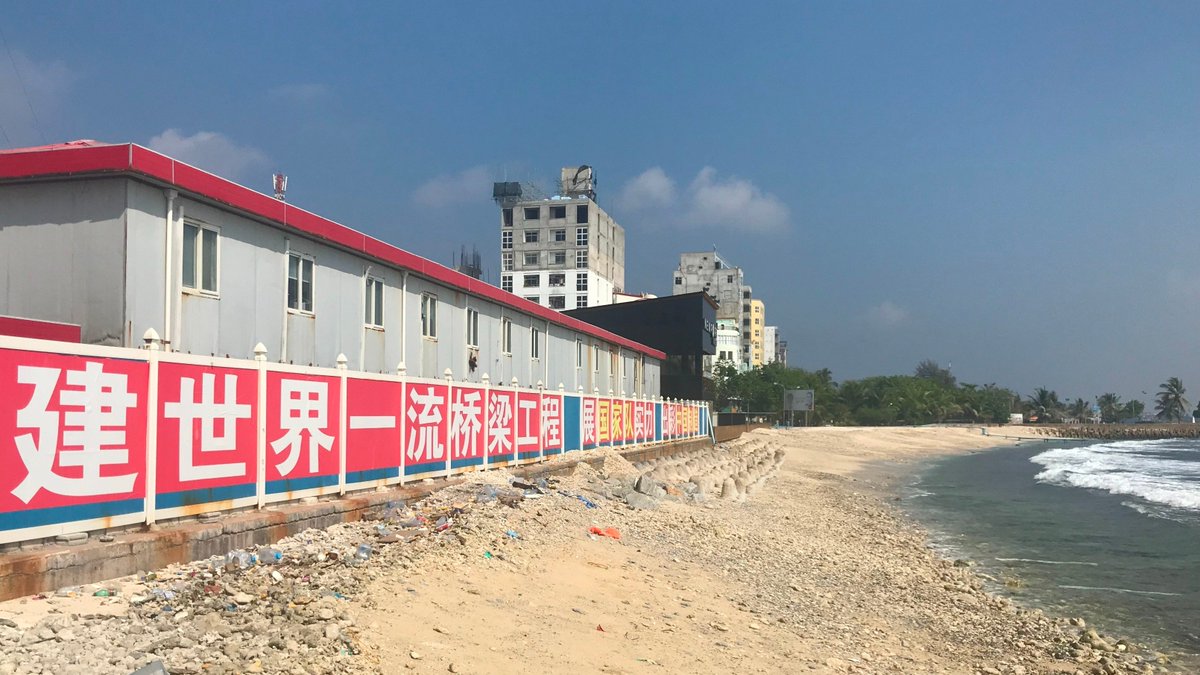
The BRI, also known as "One Belt, One Road" was launched in 2013 by current Chinese President Xi Jinping while he was visiting Kazakhstan. It was known as the "Silk Economic Belt" at first.
2/24
2/24
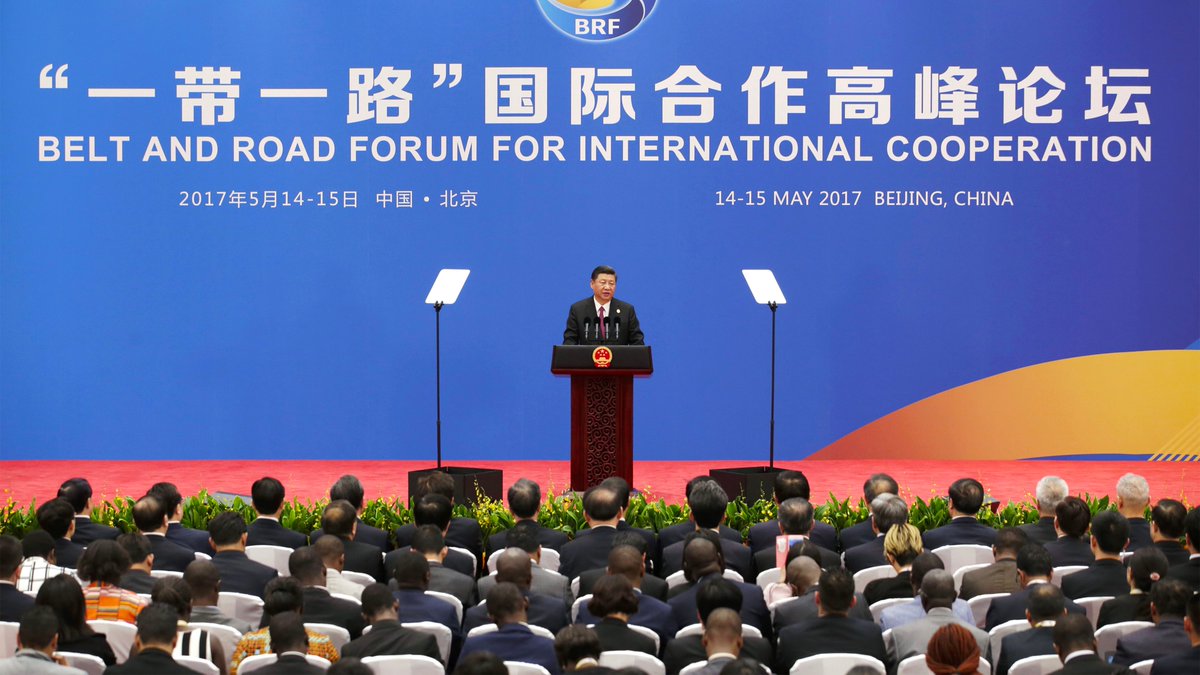
The BRI, with the aims of "reviving the original westwards Silk Road created during China's Han Dynasty" and "bolstering economic ties between China and other countries", comprises of two parts, the "Silk Road Economic Belt" and the "New Maritime Silk Road".
3/24
3/24

The "Silk Road Economic Belt" comprises of roads, bridges, tunnels, railways, border crossings, and pipelines.
It starts from Xian, China and ends in Rotterdam, Netherlands, passing through Central Asia, the MidEast, Eastern Europe, Russia, and then Central Europe.
4/24
It starts from Xian, China and ends in Rotterdam, Netherlands, passing through Central Asia, the MidEast, Eastern Europe, Russia, and then Central Europe.
4/24

The "New Maritime Silk Road" comprises of the BRI's maritime routes from southern China to Rotterdam, passing through the SCS/WPS, the Strait of Malacca, the Indian Ocean, the Red Sea, and the Mediterranean.
5/24
5/24
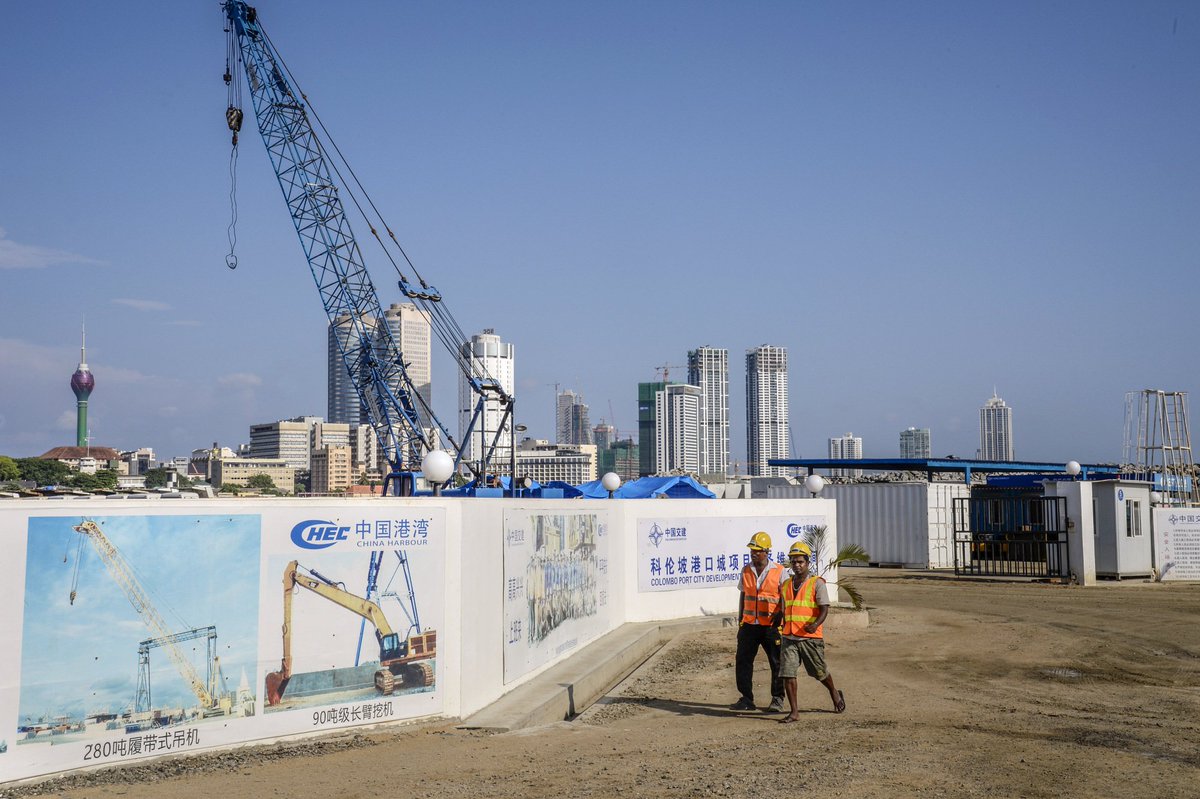
The BRI would also involve hundreds of "special economic zones" in its member countries, as well as an "introduction of Chinese telecommunications and other forms of technology" to the BRI countries.
6/24
6/24
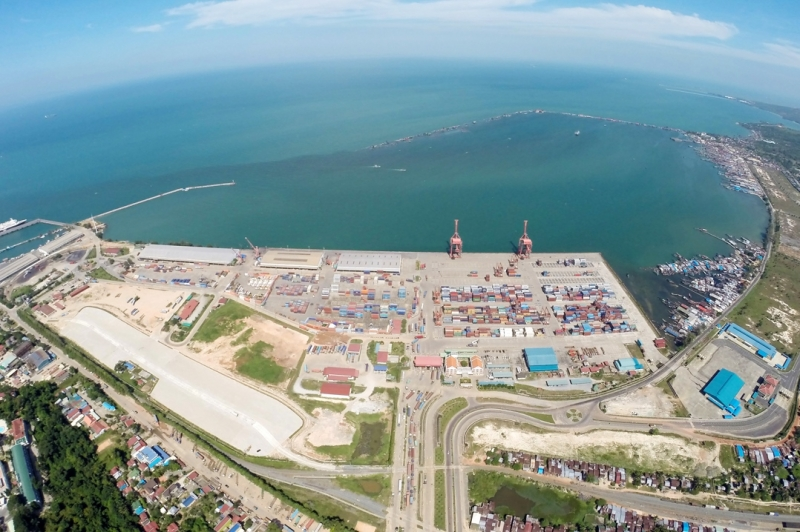
As of now, there are 147 countries, including those in Asia, the Middle East, Europe, Africa, and Latin America, that signed up for the BRI.
My country signed up for the BRI in the late 2010s under the pro-China Duterte administration.
7/24
My country signed up for the BRI in the late 2010s under the pro-China Duterte administration.
7/24

As of 2022, the BRI has invested around $67.8M towards its projects, with investments up at 48%.
The two banks financing the BRI are the Asian Infrastructure Investment Bank and the Export-Import Bank of China.
8/24
The two banks financing the BRI are the Asian Infrastructure Investment Bank and the Export-Import Bank of China.
8/24

Although the BRI looks promising to "create more jobs, sustainability, and futuristic cities", its projects have been creating more controversies, including the "debt trap", as well as issues related to sovereignty, labour conditions, environment, and transparency.
9/24
9/24
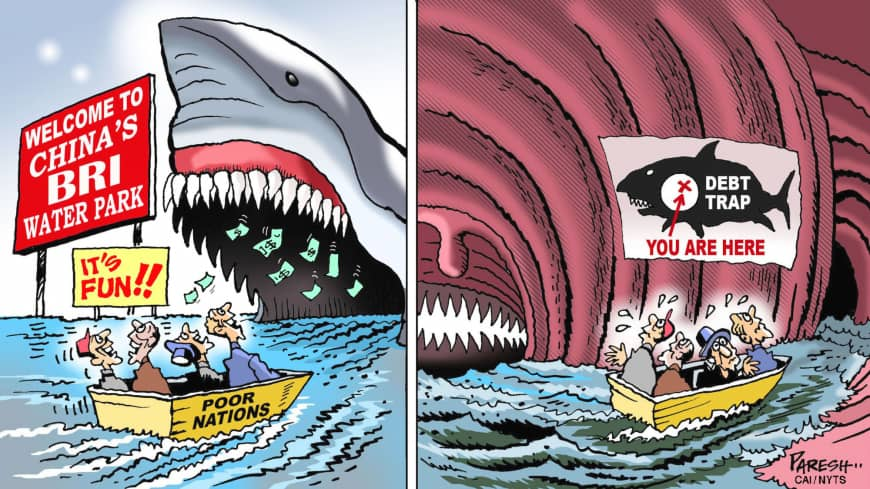
1) Environmental issues surrounding the BRI
Provided China's infamous history of heavy pollution and disregard for the environment, the BRI is known for environmental controversies such as ecological damage and wildlife damage.
10/24
Provided China's infamous history of heavy pollution and disregard for the environment, the BRI is known for environmental controversies such as ecological damage and wildlife damage.
10/24
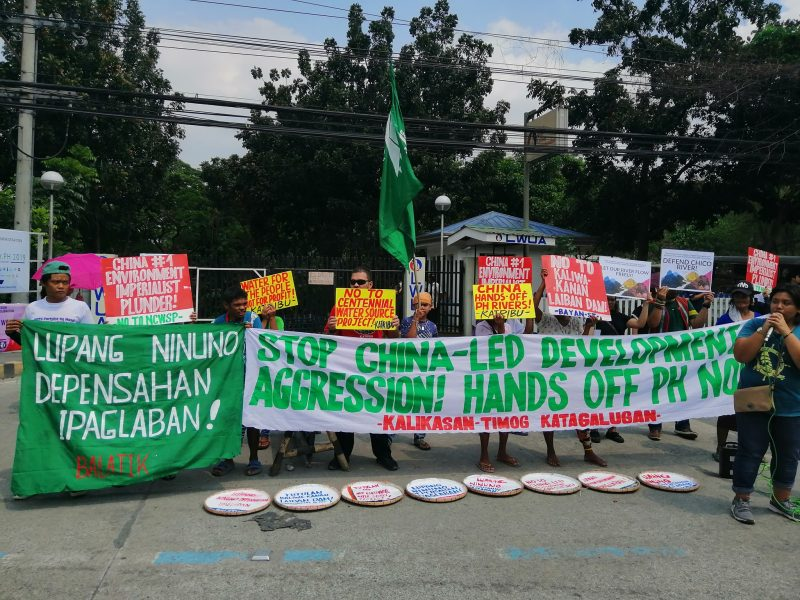
Although China promised to "phase out" coal plants by cancelling BRI projects involving coal, known for causing air pollution, new coal-related projects were announced last year, including one located in Indonesia.
11/24


11/24

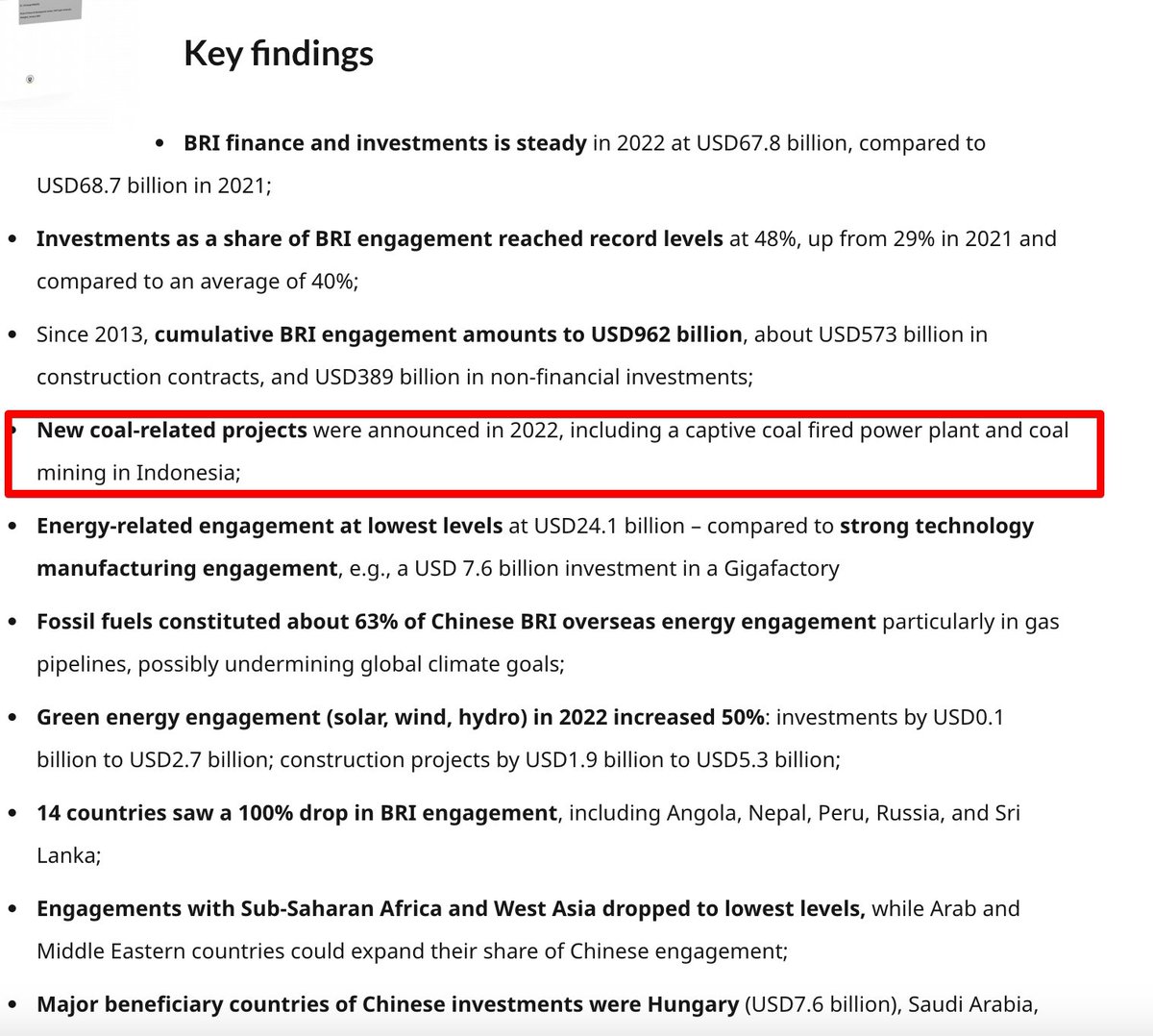
The BRI's lack of transparency and the CCP's history of environmental disregard led to concerns that BRI projects would harm natural ecosystems x wildlife, especially when they involve dredging, prompting calls to scrap the projects.
One example is the Melaka Gateway.
12/24
One example is the Melaka Gateway.
12/24
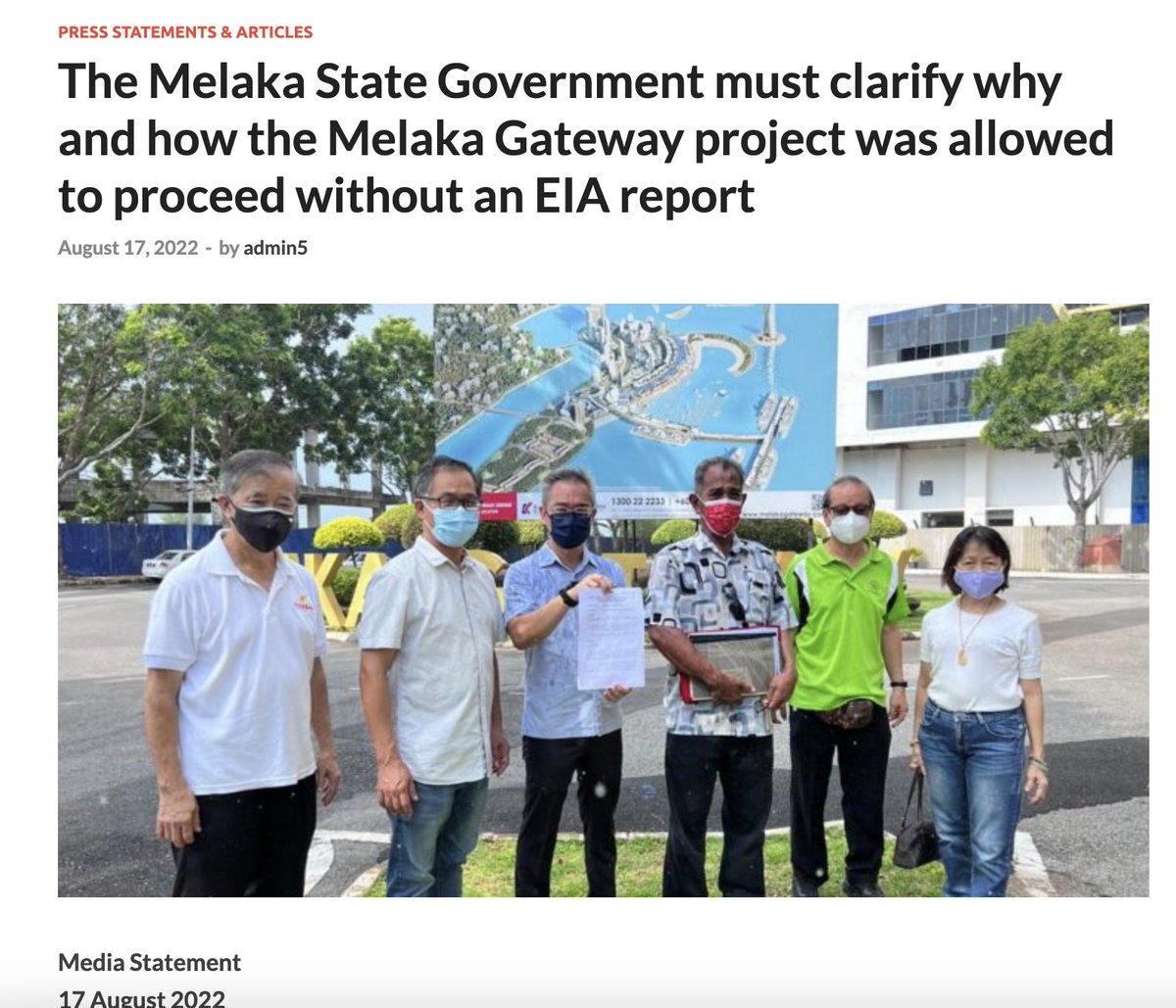
2) Labour-related issues surrounding the BRI
BRI projects are also notorious for bad labour conditions, including jebaiting job adverts, lack of freedoms, physical torture, vague contracts, and the involvement of Chinese authorities in supervising the workers.
13/24


BRI projects are also notorious for bad labour conditions, including jebaiting job adverts, lack of freedoms, physical torture, vague contracts, and the involvement of Chinese authorities in supervising the workers.
13/24
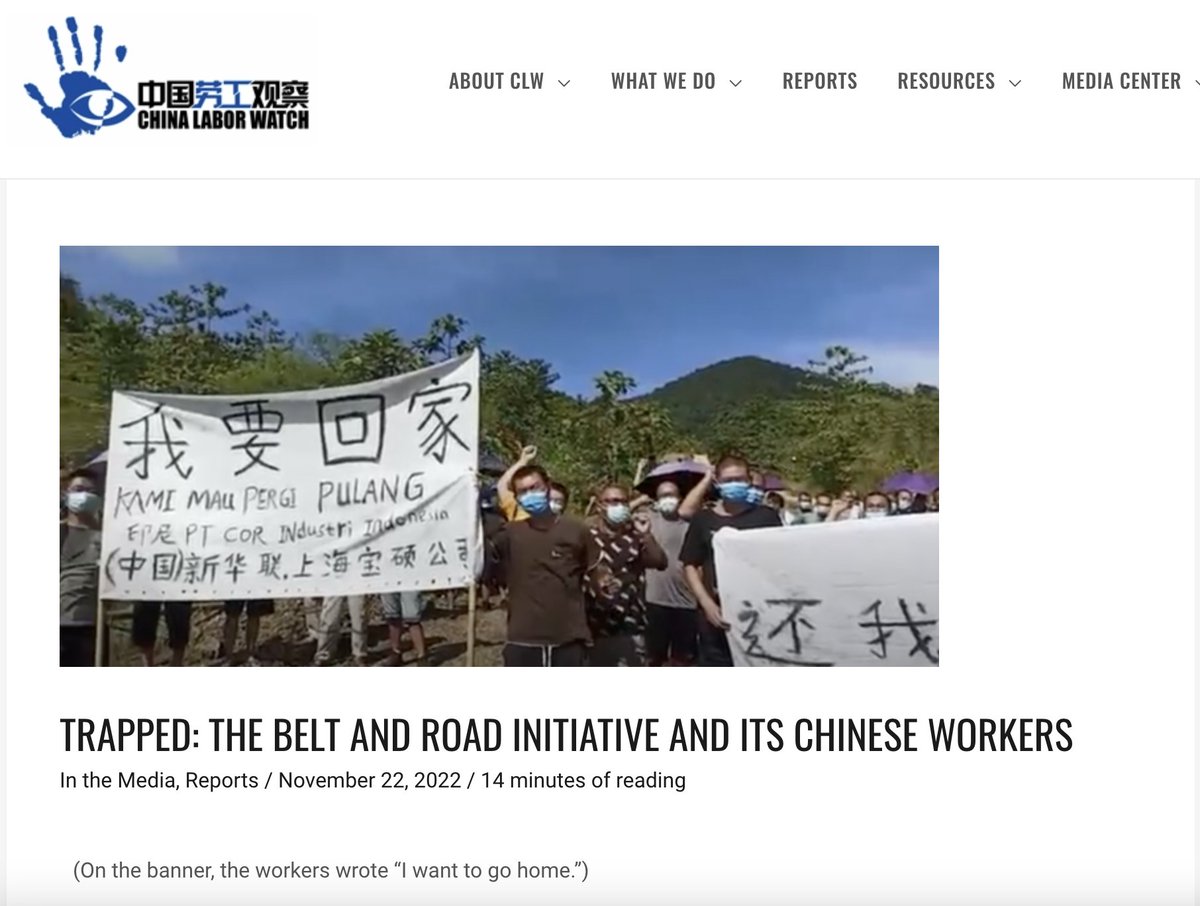

One example of such case can include the working conditions in the Chinese POGOs in the Philippines, which are products of the BRI in my country.
14/24
14/24
https://twitter.com/olliekarp/status/1629909949928308736?s=20
Moreover, BRI labour conditions can involve apartheid-style segregation of local workers from Chinese workers, making the workplace "exclusive for Chinese workers only".
One example of such case can include the POGO hub in Cavite. Read more here:
15/24
One example of such case can include the POGO hub in Cavite. Read more here:
15/24
https://twitter.com/olliekarp/status/1647090959715545088?s=20
3) Lack of transparency in BRI projects
Coz China is also known for overlooking the corruption and instability level of another country when investing, the BRI is known for lacking in transparency, harbouring corruption in the process of making the projects.
16/24
Coz China is also known for overlooking the corruption and instability level of another country when investing, the BRI is known for lacking in transparency, harbouring corruption in the process of making the projects.
16/24

For example, there are instances wherein the BRI gets signed with a particular country without proper consent from the stakeholders. Worse, they are even signed with heavy secrecy.
One example can include the case of the Kra Canal Project.
17/24
One example can include the case of the Kra Canal Project.
17/24
https://twitter.com/olliekarp/status/1645750850361626624?s=20
Moreover, the BRI can harbour fraudulent practises, including bribes and the misappropriation of funds.
For example, convicted former Malaysian PM Najib Razak made a secret deal with a banned Chinese firm to make Malaysia accept the BRI as a means...
18/24
For example, convicted former Malaysian PM Najib Razak made a secret deal with a banned Chinese firm to make Malaysia accept the BRI as a means...
18/24

...to "escape accountability for the 1MDB scandal" by accepting the East Coast Rail Link BRI project, inflating the project costs, and then paying half of it to 1MDB funds, especially to "pay the debts".
19/24
19/24

A form of corruption in BRI projects can also involve BRI Chinese firms befriending local elite elements, allowing them to make things lax and get persuaded by crime groups, leading to increased criminality.
An infamous example is Sihanoukville.
20/24
An infamous example is Sihanoukville.
20/24
https://twitter.com/olliekarp/status/1638142924142551040?s=20
4) "Debt Trap" and Sovereignty issues in the BRI
Coz Beijing overlooks the economic and political standing of another country, while accepting BRI projects may seem to look "attractive" to developing x unstable countries, they are vulnerable to the "debt trap".
21/24
Coz Beijing overlooks the economic and political standing of another country, while accepting BRI projects may seem to look "attractive" to developing x unstable countries, they are vulnerable to the "debt trap".
21/24

This is when the country gets loans for BRI projects, but coz of the domestic economic climate, the country gets too broke to pay the loans, leading to a debt for the projects.
The worst thing the indebted nation could experience is a loss of sovereignty, in which...
22/24
The worst thing the indebted nation could experience is a loss of sovereignty, in which...
22/24

...the area containing the project gets leased to China for a long, long time. An example of this is the Hambantota Port, which got a 99-year lease to China in 2017.
This is why governments of other countries like Malaysia considered scrapping their BRI projects.
23/24
This is why governments of other countries like Malaysia considered scrapping their BRI projects.
23/24

Moreover, there are concerns that PLA forces may use the BRI projects as "makeshift outposts" for them to install military equipment x threaten nearby crucial areas.
This is the case of a BRI project, the SPIA project, located in my country.
24/24
This is the case of a BRI project, the SPIA project, located in my country.
24/24
https://twitter.com/olliekarp/status/1646248501322608642?s=20
Related entries:
Entry #19 (Melaka Gateway) -
Entry #35 (Najib Razak) - https://t.co/jDFdH2nPIs
Entry #54 (Abdulla Yameen) - https://t.co/f9bf8nhcwb
For other entries, kindly visit this link: https://t.co/eTQ9EABZZX
bit.ly/thedailysoup
Entry #19 (Melaka Gateway) -
Entry #35 (Najib Razak) - https://t.co/jDFdH2nPIs
Entry #54 (Abdulla Yameen) - https://t.co/f9bf8nhcwb
For other entries, kindly visit this link: https://t.co/eTQ9EABZZX
https://twitter.com/olliekarp/status/1634283475275599880?s=20
https://twitter.com/olliekarp/status/1641492891540533248?s=20
https://twitter.com/olliekarp/status/1651609748150845440?s=20
bit.ly/thedailysoup
@threadreaderapp unroll
• • •
Missing some Tweet in this thread? You can try to
force a refresh

































